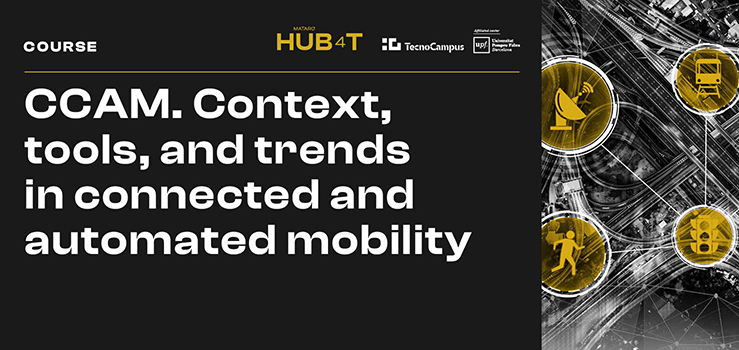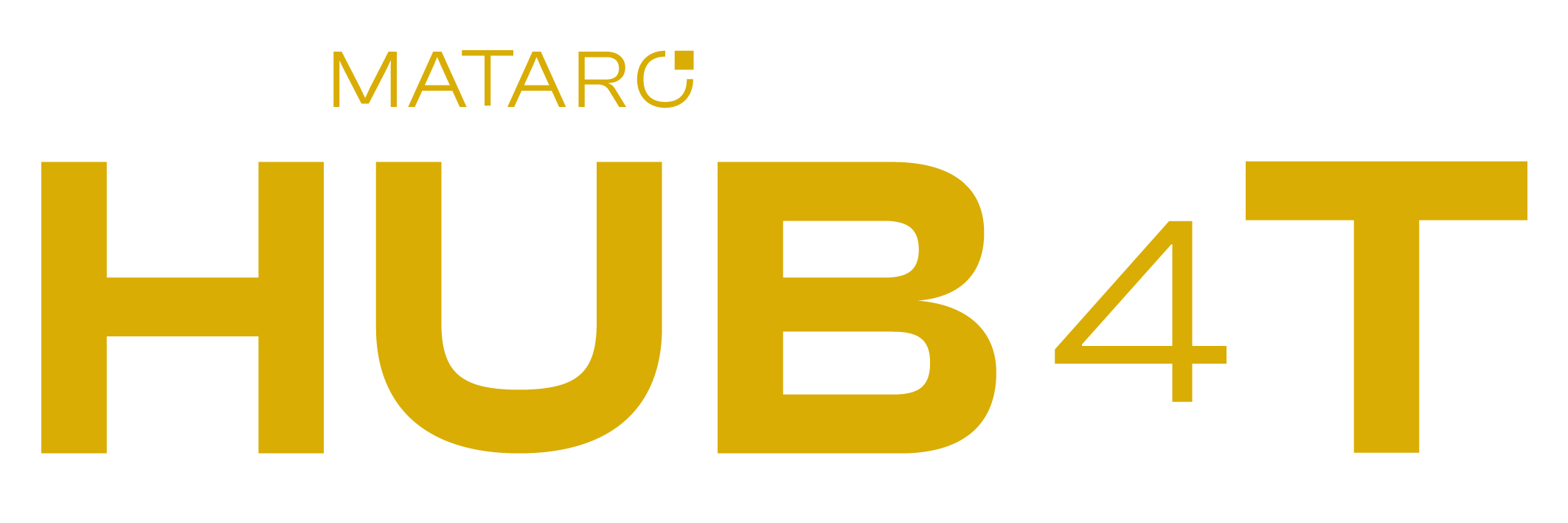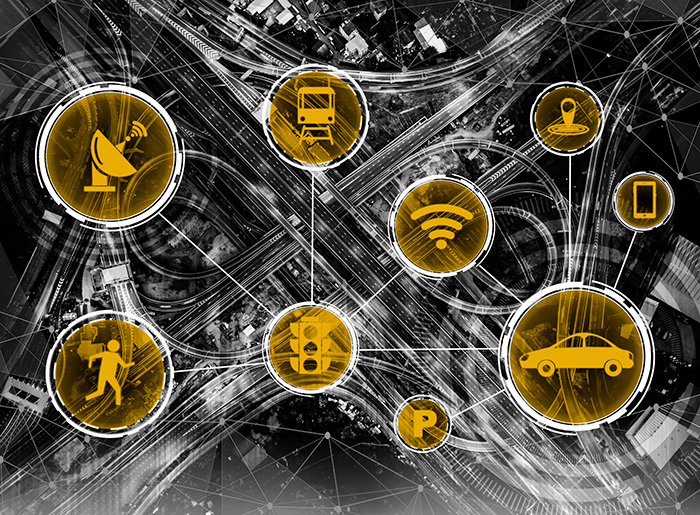Training in CCAM prepares professionals to seize emerging opportunities that involve connectivity and automation applied to all vehicles and infrastructures across all transportation systems. There is a growing demand for qualified professionals in engineering, programming, data analysis, and other related disciplines. Training in this field expands job opportunities and facilitates entry into a growing sector.
Connected and automated vehicles are not limited to land transportation (road and rail) but also extend to the maritime sector and revolutionary concepts such as urban air mobility. For example, this sector creates new job opportunities in fields such as aerospace engineering, air traffic management, aircraft design, and autonomous systems programming.
Why is it important to train in CCAM?
- Employment opportunities: Autonomous vehicle technology and connected infrastructure is experiencing rapid growth and is expected to play a crucial role in the future of transportation. The demand for trained professionals in this field is increasing as companies seek talent to develop, maintain, and improve these systems.
- To stay informed about technological advances in mobility: The technology driving autonomous vehicles includes artificial intelligence, deep learning, computer vision, advanced sensors, and more. Training in this field allows individuals to understand and apply these technological advances, which is essential for staying current in an increasingly innovation-driven world.
- To work in positions with significant social and environmental impact: Easing traffic congestion, improving accessibility in urban and rural areas, fostering new collaborative business models, enhancing safety by reducing accidents, optimizing existing infrastructure, and promoting energy efficiency are among the potential benefits.
The HUB4T-TecnoCampus has designed a new course, CCAM course. Context, Tools, and Trends in Connected and Automated Mobility, to address this training need, which will take place next April 2024. This is the first cross-disciplinary training in Europe (covering all transportation systems) with expert instructors from various countries and sectors, including automotive, railway, urban air mobility, and maritime.

The course aims to provide students with a global perspective on the mobility of the future and an understanding of connected and automated vehicle technologies and infrastructures. Thanks to this perspective, the student will be able to design new transport services from the user’s point of view.
The professionals who are trained with this course will obtain:
- Tecnocampus Certificate, Pompeu Fabra University affiliated centre.Seal of quality from the UPF (Pompeu Fabra University), top in Spanish U-Multirank ranking.
- First CCAM training programme in Europe.It also has a transversal perspective: road, rail, aviation, maritime. And regarding the transport systems of the future: smart roads, automated logistics, autonomous mixed road/rail vehicles, urban air mobility, etc.
- Comprehensive technical specialisation in mobility. Training from the technical side which also includes legislation, governance and the digital transformation of traditional businesses in the sector.
- Expert international teaching staff.Professional teaching staff with years of experience in autonomous vehicles, urban air mobility and project management within the sector, among others.
- Programme designed alongside the most representative organisations in the mobility sector.CAM European Association, Relevant Industry Stakeholders and Mobility clusters.
The coordinator and teacher of the course is Jose Triano Romero, a professional with 20 years of experience in rail systems and technologies for mobility with connected and automated vehicles: autonomous road and rail vehicles. He is the CEO of Hypervisoul startup that develops technologies for intelligent roads.
Discover the course by clicking here.


Recent Comments